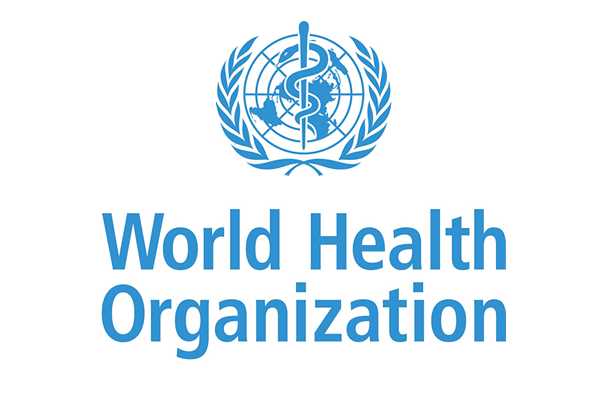The number of permit applications for patients to exit the Gaza Strip through Erez/Beit Hanoun crossing with Israel to get medical treatment outside Gaza substantially declined in March after spread of the COVID-19 outbreak in Israel and the West Bank, the World Health Organization (WHO) said in its monthly report on Health Access Barriers for patients in the occupied Palestinian territory.
Over the month, the Israeli Coordination and Liaison Office ed permits to urgent referrals, oncology and cardiology, contributing to the reduced approval rate – to 58% from an average of 69% for January and February, it said. The number applying for permits each day went down over the month, with 72 applications per day in the first; 51 per day in the second; and 18 per day in the last. This occurred with growing awareness and concern over the rising number of persons with COVID-19 in Israel and the West Bank.
Additionally, the de facto authority in Gaza discouraged applications that could be delayed, while compulsory quarantine for all returning people since mid-March was a further deterrent to patients applying.
A third (31%) of applications in March were for children under 18 and a fifth (18%) for patients aged 60 years or older. More than two-thirds (67%) of applications were for appointments in East Jerusalem hospitals, a fifth (22%) for West Bank hospitals, 11% for Israeli hospitals and 3 applications were for appointments in Jordan. Oncology accounted for 39% of applications.
A total of 747 (383 males; 364 females) or 58% of the 1,279 applications were approved, compared to more than 69% for the previous two months. A quarter (28%) of permits approved were for children under 18 and a fifth (22%) were for patients aged 60 years or older.
In addition, 44 patient applications (33 males; 11 females), or 3% of the total, were denied permits to cross Erez to reach healthcare in March. Those denied included 3 children under 18 and 7 patients aged 60 years or older; 14 denied applications were for appointments for cancer care (oncology); 6 for orthopedics; 5 for hematology; 4 for cardiology; 3 each for pediatrics, ophthalmology, and neurosurgery; with 6 for other specialties. 95% of denied permit applications were for appointments at hospitals in the West Bank, including East Jerusalem, and 5% were for Israeli hospitals.
The report said that 488 patient applications (302 males; 186 females), or 38% of the total, were delayed access to care, receiving no definitive response to their application by the date of their hospital appointment. Of these, 186 applications (38%) were for children under the age of 18 and 53 applications (11%) were for patients aged 60 years or older. More than a quarter (28%) of those delayed had appointments for cancer care (oncology), 14% for cardiology, 12% for pediatrics, 10% for hematology, 9% for ophthalmology, 4% for orthopedics and 3% for internal medicine.
There were 1,455 companion permit applications to Israeli authorities to cross Erez to accompany patients in March. These applications include parents or other companions applying to accompany children. Only one companion is allowed to accompany each Gaza patient. In March, 612 companion permit applications (42% of the total) were approved, 69 applications (5%) were denied and the remaining 774 (53%) were delayed, receiving no definitive response by the time of the patient’s appointment.



